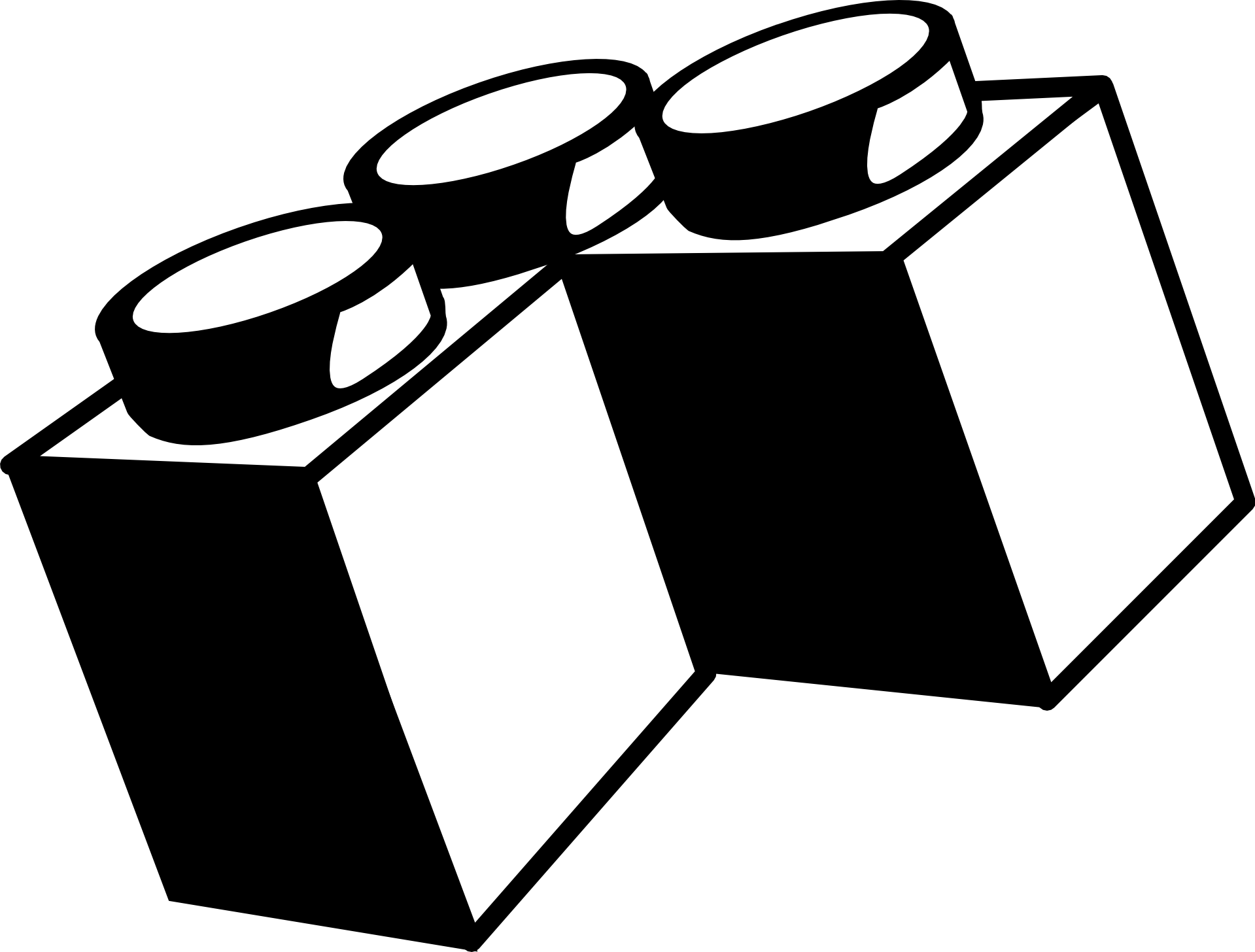From trigger to treasure: The story of Blokko
Somewhere in the Netherlands, 15 years ago, two lecturers at Breda Univsersity of Applied Sciences (BUas), sat in a crowded room, filled with anticipation. Leo Kemps and M. van Rijn shared a passion for optimizing logistic processes, which at that time were primarily focused on physical flows. As they listened attentively to an enthusiastic trainer speaking about the potential of digital systems to improve business processes, Leo and Maarten began to envision a world where perfectly aligned physical, financial, and information flows would flow through an entire supply chain, from raw materials all the way to the satisfied customers and back. Leo was determined to apply the concept of “learning by doing.” He believed that a realistic simulation game, where students could devise tactics, apply teamwork, and gain valuable experience in a playful manner, was the ideal way to achieve this goal.
And thus, Blokko was born! This game quickly became an unforgettable success among first-year logistics students at BUas. During the three-hour gameplay, students enthusiastically raced through the building as if their lives depended on it. They experimented and engaged with all the dynamics within the supply chain, experiencing both its complexity and enjoyment. Research confirmed that experiential learning was the most powerful way to acquire knowledge. With advancing technological developments, Blokko continued to evolve, thanks to the dedication of its developers..
And so, Blokko emerged!
What began as a physical game with papers and Excel documents gradually evolved into a fully automated ecosystem where digital innovations played an increasingly prominent role. However, the physical flow always remained paramount. Today, Blokko is more than just a game. It is an integrated physical and digital game system, specifically designed for first-year logistics students in higher education. It consists of two parts:
On the website, students can access all the game rules, details, and the learning process. They are encouraged to actively participate in the game, learning about complex logistics processes and developing strategies to optimize them in a playful manner.
The Game Engine itself. This digital ecosystem simulates processes and events in the supply chain. The outcomes are determined by the collective efforts of all players in the system
MEC start playing Blokko
Middle East College (MEC) in Oman has taken a pioneering step in its educational approach by incorporating the Serious Game Blokko into its curriculum, specifically designed to meet the needs of students specializing in Logistics. This innovative game-based learning offers a dynamic interactive environment where students can apply theoretical knowledge in practical, real-world scenarios. MEC’s adoption of Blokko underscores the institution’s commitment to a hands-on learning mentality, emphasizing the importance of experiential learning in today’s academic landscape. Through Blokko, logistics students at MEC are not just passive recipients of information; they become active participants, making strategic decisions and solving complex problems that mirror the challenges faced by professionals in the logistics sector.
By integrating Blokko into their curriculum, MEC ensures that their logistics students are better prepared for the demands of the industry, equipped with both the theoretical knowledge and practical skills necessary for success.
Ultimately, MEC’s use of the Serious Game Blokko as a teaching tool represents a significant leap forward in preparing the next generation of logistics professionals, ready to tackle the complexities of the global supply chain with confidence and competence.
